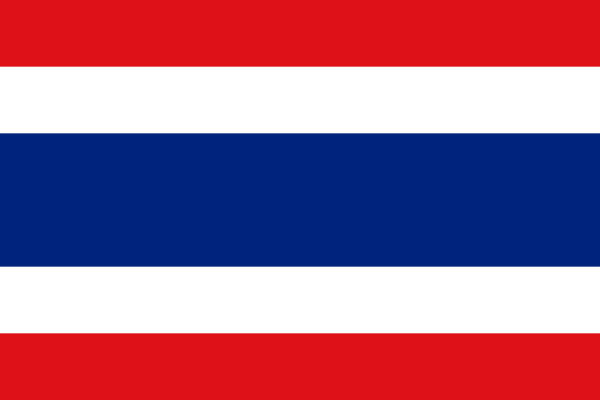
Thai Will And Testament By Thai Attorneys
In the common law, a will or testament is a document by which a person (the testator) regulates the rights of others over his or her property or family after death. For the devolution of property not disposed of by will, see inheritance and intestacy.
Thai Will
In Thailand, when a person dies without a will. It is down to the law to decide who will benefit from the estate of the deceased. There are six classes of statutory heirs in Thailand.
In the common law, a will or testament is a document by which a person (the testator) regulates the rights of others over his or her property or family after death. For the devolution of property not disposed of by will, see inheritance and intestacy.
Thai Will
In Thailand, when a person dies without a will. It is down to the law to decide who will benefit from the estate of the deceased. There are six classes of statutory heirs in Thailand.
| ● | Descendants, |
| ● | Parents, |
| ● | Brother and sisters of full blood, |
| ● | Brother and sister of half blood, |
| ● | Grand father and grand mother, |
| ● | Uncles and aunts. |
Each class is entitled to inherit in the following order:
If the legal spouse still alive he/she will also be a statutory heir.
Will let you choose your heirs and clearly outlines your last wishes. If you do not have a will, the law in Thailand will instead determine who inherits your properties. A proper will is a guarantee that your wishes will be respected.
Reasons To Create
Designate the persons or organizations that will receive your property after your death.
Own property to be distributed after your death.
Designate the person or organization who will carry out the terms of the Will.
Designate who will have the responsibility for the minor children if the other parent is unable serve as the natural guardian.
There are three types of will under Thai law:
Will let you choose your heirs and clearly outlines your last wishes. If you do not have a will, the law in Thailand will instead determine who inherits your properties. A proper will is a guarantee that your wishes will be respected.
Reasons To Create
Designate the persons or organizations that will receive your property after your death.
Own property to be distributed after your death.
Designate the person or organization who will carry out the terms of the Will.
Designate who will have the responsibility for the minor children if the other parent is unable serve as the natural guardian.
There are three types of will under Thai law:
| ● | Holograph will is written by the testator and signed by himself, does not require of witness. |
| ● | A will made before public official is normally at local district office. |
| ● | A will made in the presence of witness and signed by the testator, at least two persons as witness sign in presence of the testator. |



Copyright @2011 OT & Business Co., Ltd. All Rights Reserved. Designed and Developed by HRS
+66 (0)77 247 289

+66 (0)77 962 289